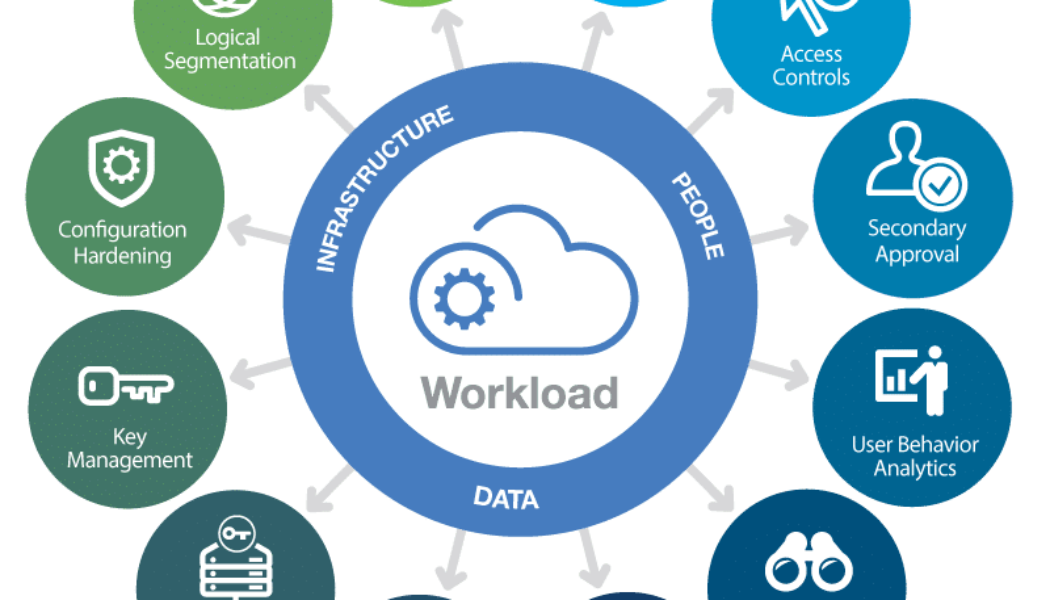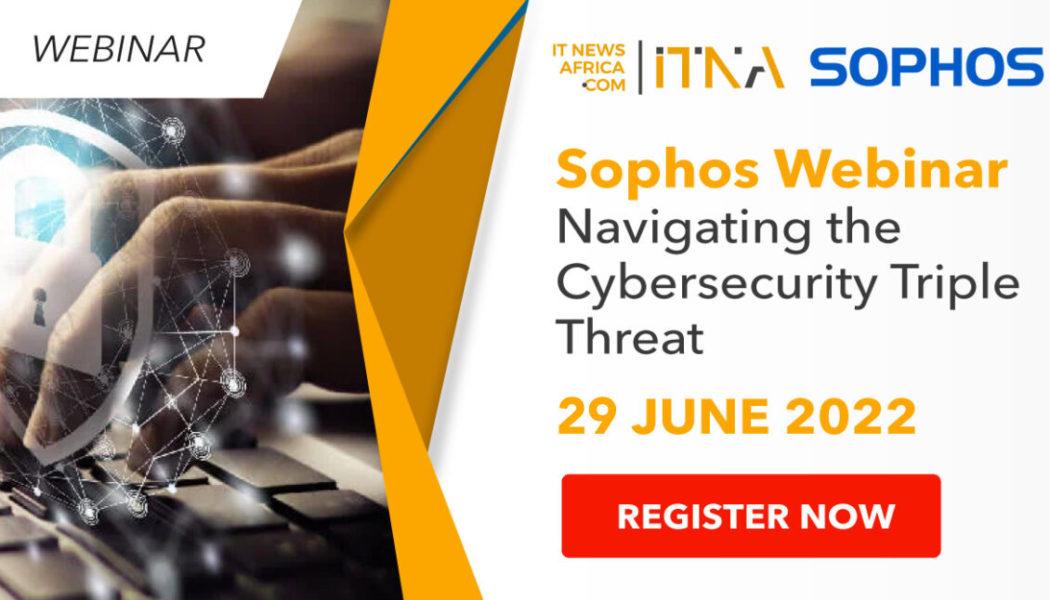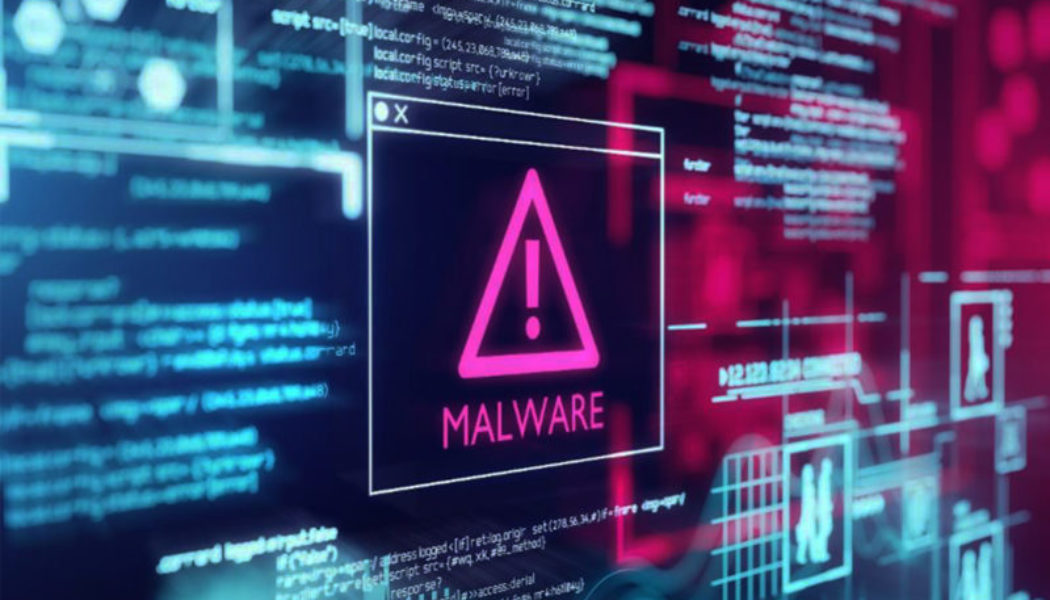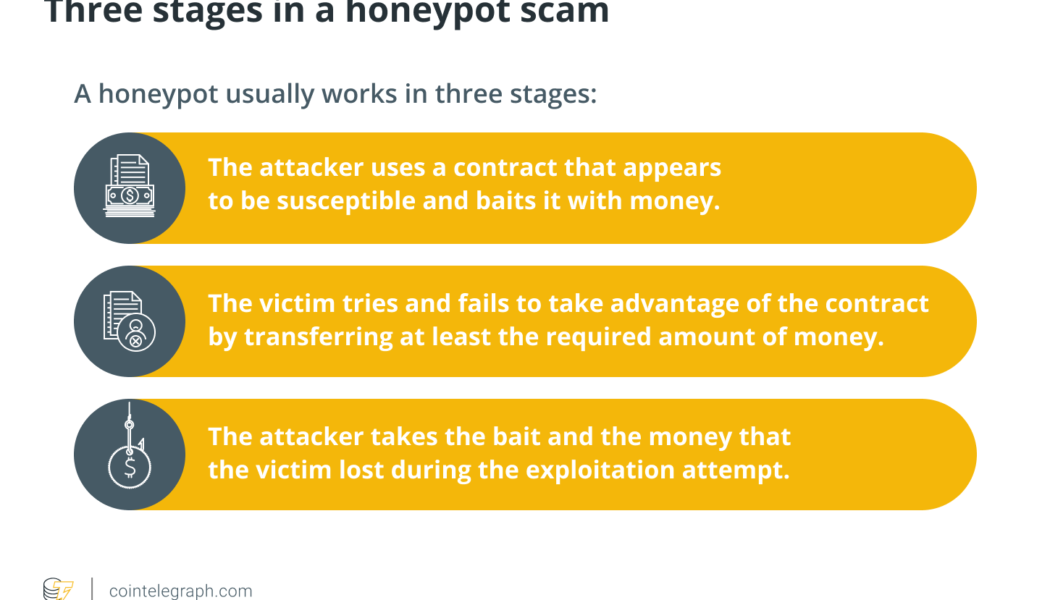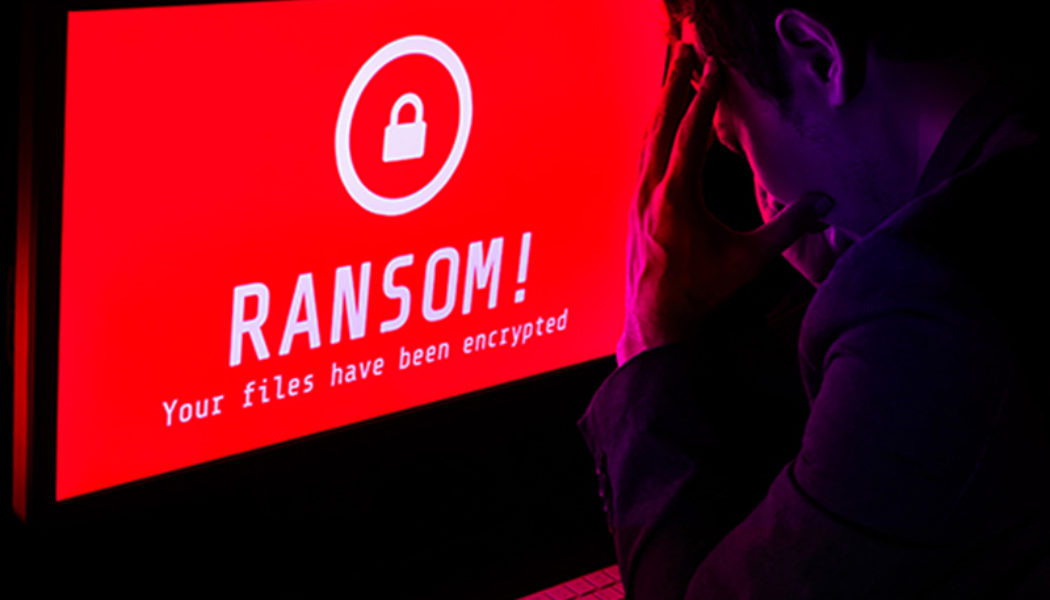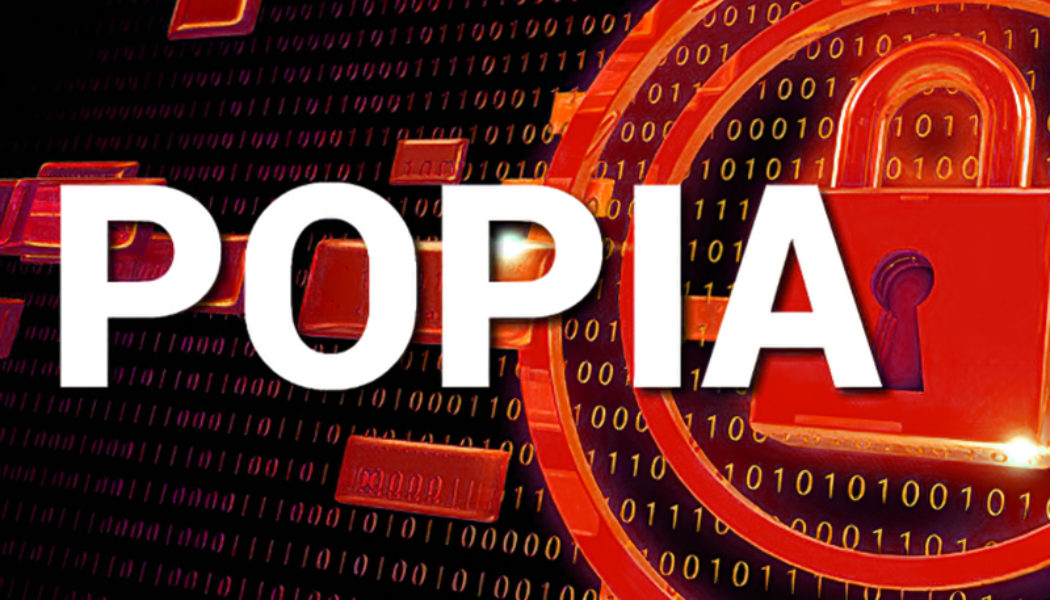cyber attacks
Small Businesses in Kenya Face 47% Increase in Cyber Attacks
When a small business owner is faced with the responsibilities of production economics, financial reports, and marketing all at the same time, cybersecurity can often appear complicated and, at times, unnecessary. However, this disregard for IT security is being exploited by cybercriminals. Kaspersky researchers assessed the dynamics of attacks on small and medium-sized businesses between January and April 2022 and the same period in 2021, to identify which threats pose an increasing danger to entrepreneurs. In 2022, the number of Trojan-PSW (Password Stealing Ware) detections in Kenya increased by 16% when compared to the same period in 2021 – 12 639 detections in 2022 compared to 10 934 in 2021. Trojan-PSW is a malware that steals passwords, along with other account inform...
What is a honeypot crypto scam and how to spot it?
What is a crypto honeypot and why is it used? Smart contracts programs across a decentralized network of nodes can be executed on modern blockchains like Ethereum. Smart contracts are becoming more popular and valuable, making them a more appealing target for attackers. Several smart contracts have been targeted by hackers in recent years. However, a new trend appears to be gaining traction; namely, attackers are no longer looking for susceptible contracts but are adopting a more proactive strategy. Instead, they aim to trick their victims into falling into traps by sending out contracts that appear to be vulnerable but contain hidden traps. Honeypots are a term used to describe this unique sort of contract. But, what is a honeypot crypto trap? Honeypots are smart contracts that appear to ...
Today’s New Business Normal Creates Threat Opportunities
Image sourced from Feed Navigator. The COVID-19 pandemic forced businesses of all shapes and sizes to make rapid changes in how they operated, with employees predominantly working remotely and sensitive data and systems being accessed from outside the office. For many, this triggered an increased reliance on remote-access infrastructure and cloud-delivered services. IT departments rushed to install, expand, or upgrade remote desktop access (RDA) servers, virtual private network (VPN) concentrators, and remote access routers to meet surging workforce demand for remote access to data centres. Moreover, widespread reliance on video conferencing apps forced many businesses to upgrade enterprise wide-area network and local-area network capacity, as well as to re-evaluate routing and DNS re...
When Ransomware Strikes, Can You Recover Fast Enough?
Sourced from Kaspersky Ransomware attacks have become increasingly common, and they are even available on the dark Web to purchase as a service. There have been many incidents in the news, where major companies have been left with little choice other than to pay the ransom to get their data back, often amounting to hundreds of thousands of dollars. The reality is that ransomware and other cyberattacks have become a question of when not if. The ability to respond and recover quickly has therefore become an essential part of successful ransomware defence, but it is something many organisations, especially in South Africa, struggle with. Consider Some Statistics The State of Ransomware report from security firm Sophos reveals that, over the last year, the average cost of remediating a ransomw...
Cryptocurrency and Cybercrime: 3 Insights You Need to Know
Image sourced from Shutterstock. Criminals have kept pace with changing technologies by no longer wanting their crimes to generate hard cash – bitcoin has become the currency of choice. That’s particularly true for cybercrime, where ransomware is booming as criminals infiltrate organisations’ IT systems and threaten to publish or destroy crucial data unless a ransom is paid in Bitcoin. Here are 3 insights you need to know about the links between cybercrime and cryptocurrency: 1. Cryptocurrency is Fuelling Cybercrime Ransomware payments have become so huge that attacks are mounting daily. A recent high-profile case was an attack on the US Colonial Pipeline, causing the system that carries 2.5 million barrels of oil a day to be shut off. It’s become such a lucrative business that some syndic...
Recent Increases in Cyberattacks Could Be Due to Leaked Cyber “Superweapons”
Sourced from Forbes Check Point Research (CPR), the Threat Intelligence arm of Check Point Software Technologies Ltd., a leading provider of cybersecurity solutions globally, warns of a further increase in cyberattacks and thinks it could be partly down to major powers leaking, what they refer to as, ‘cyber superweapons’. “We have long warned that organisations of all sizes are being bombarded by a global fifth generation of cyber threats (Gen V). These are multi-vector cyber threats that can cause fatal damage and irreparable harm to the reputation of the compromised company,” said Pankaj Bhula, Regional Spokesperson at Check Point Software. “However, most companies are only secured against what we call third-generation threats (Gen III), which are threats that we’ve known about since the...
- 1
- 2


